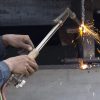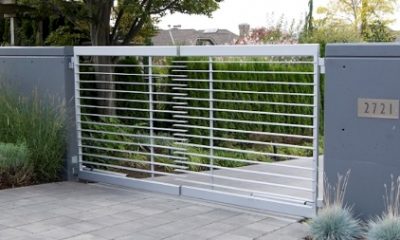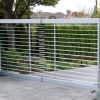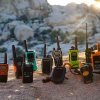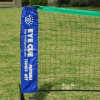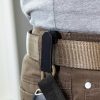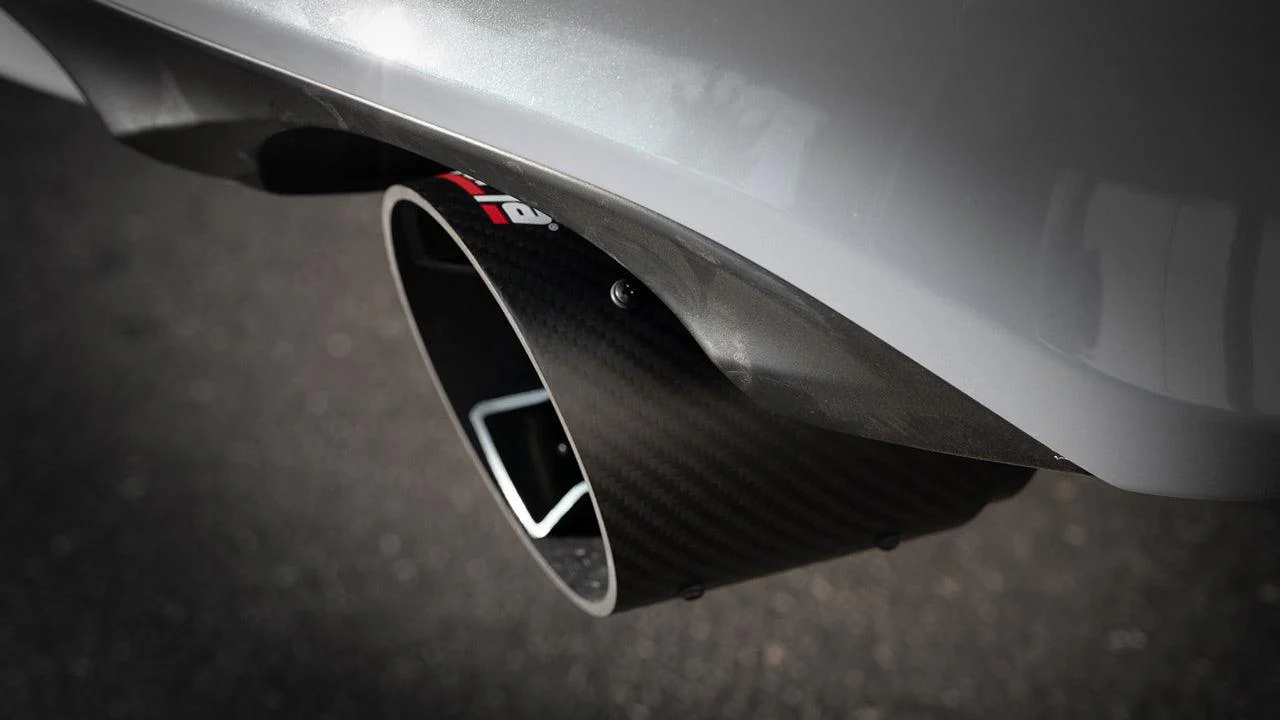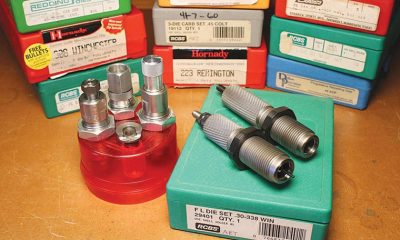Industrial Equipment
The Whats and Hows of Gold Detectors
Did you know that the first discovery of gold was reported in 1847, near Beaconsfield in Tasmania? By 1890 it developed into a thriving industry and Australians were on the hunt for those gold nuggets. The gold rush even triggered a high-volume migration from China. 38,258 people arrived from China to join the gold hunt.
As gold rushes spread across the country, people were trying to find new and inventive ways to speed up the process and become more efficient. We should consider ourselves lucky that today we have amazing gold detectors that make our search faster and easier.
What to Consider Before Buying?
Just like with any other product, you should know what you’re looking for before going to the store. If you decide to buy gold metal detectors online or at your local store, there are a few things you should consider. Knowing where you will use them, how often, and what your budget is will help you in finding the perfect match for your needs.
What’s the Environment?
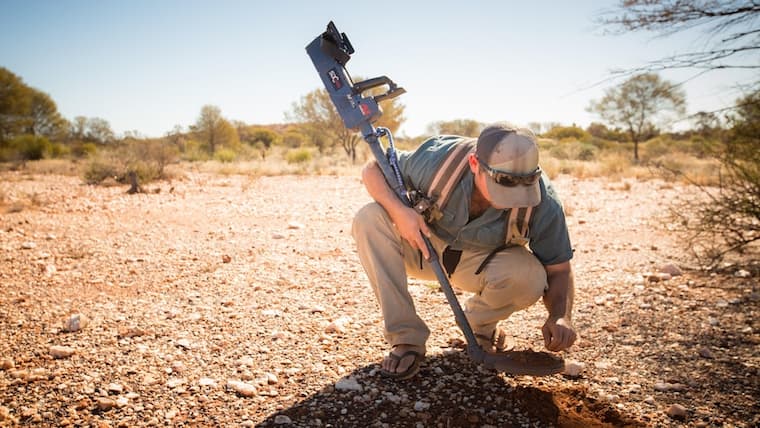
It could be challenging to look for gold in places where no one discovered it before. If you’re a beginner, experts advise starting your search for gold in locations where others are already succeeded. This doesn’t guarantee that you’ll be successful in your quest as others before you. There is a possibility that they’ve found everything that needs to be found. But in any case, it’s better to start in those areas than go on unexplored terrain.
Some of the best places to start are where miners used to work, slopes where they worked on tunnels or creeks that they covered with boulders by hand. It’s possible that some nuggets escaped the miners’ eyes. A gold detector is a perfect way to find these hidden treasures. In Australia, you can track down gold in a number of locations, such as:
- Gympie, Queensland;
- Echunga, South Australia;
- Corina, Tasmania.
Mineralisation of the Soil
Mineralisation is a very important factor that impacts your complete searching process and the final income. This is a very important factor. Some soil particles contain metal, which can produce a magnetic response to the detector. If this happens, the detector won’t give you the right position of the gold in the soil. You might look for lead as one option to get you started. If you track down lead, there’s a great chance that gold is around as well
Respect Your Budget
It’s not advisable to get a multi-thousand detector at first if you’re a newcomer in this field. The idea is to first get accustomed to it, understand how it operates, and then if you become sufficiently passionate about it, gradually update it. Although taking tiny steps is crucial, a machine with a higher price tag will undoubtedly make you happier. Just remember to stick to your budget when you go to the store. Keep in mind everything you need.
Entry-Level Device
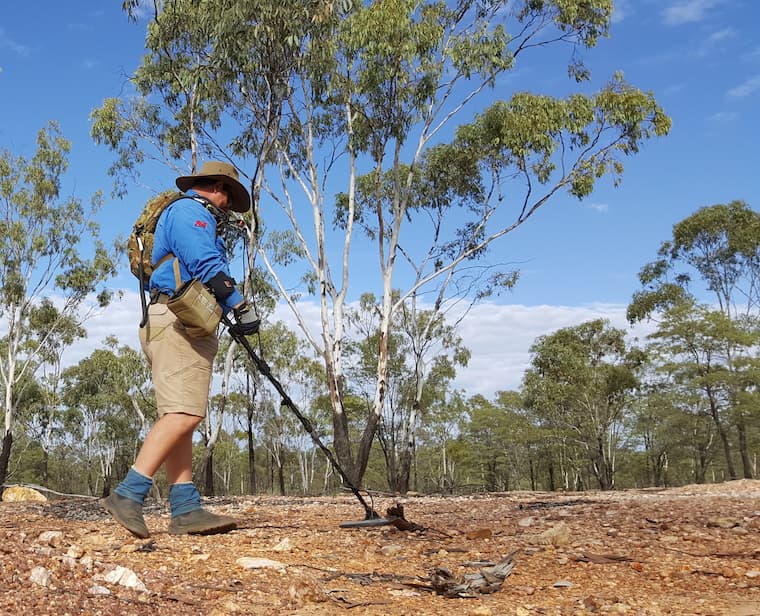
A cost-effective method to start the sport and develop into a true treasure hunter is using entry-level equipment. You have the possibility to discover some incredibly rare and priceless items with this detector. The most common features of these detectors include ground balance, target identification, depth indications and pinpointing skills.
Mid-Level Device
For people who are gold enthusiasts, mid-level detectors have improved performances. You still won’t have to spend a lot of money to keep up your hobby. They have adjustable ground balancing and enhanced discriminating functions. There are even detectors that have customisable frequencies and are partly waterproof.
High-End Device
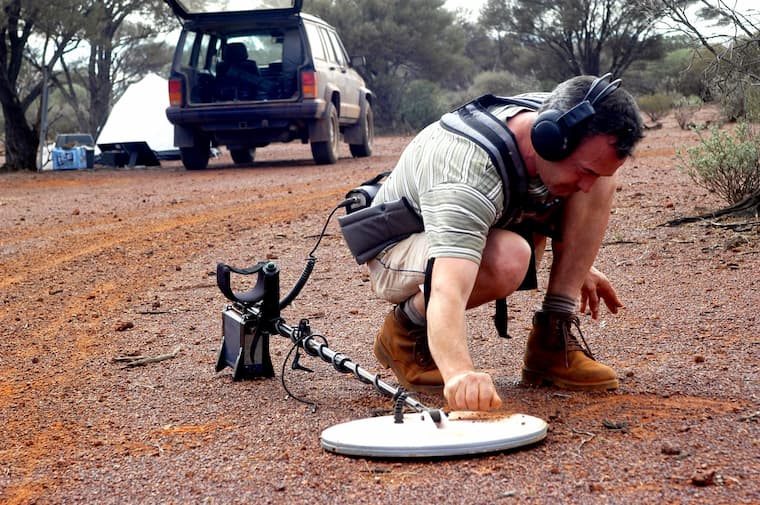
Metal detecting devices of the highest calibre are at the top. Thanks to their potent performance, numerous features, and excellent fit and finish, they’re an absolute necessity for any professional treasure seeker. High-end metal detectors are equipped with ground balance functions, expert discriminating levels, and incredible depth and sensitivity. These detectors may break your budget, but the amount of treasure you’ll find with them will cover any excess costs you had.
Know the Features of Gold Detectors
Besides knowing your personal preferences, you should be familiar with the features that gold metal detectors have to offer. If you know what you’re looking for, there’s no way that someone will slip you a phoney model and waste your money.
Coil Configuration
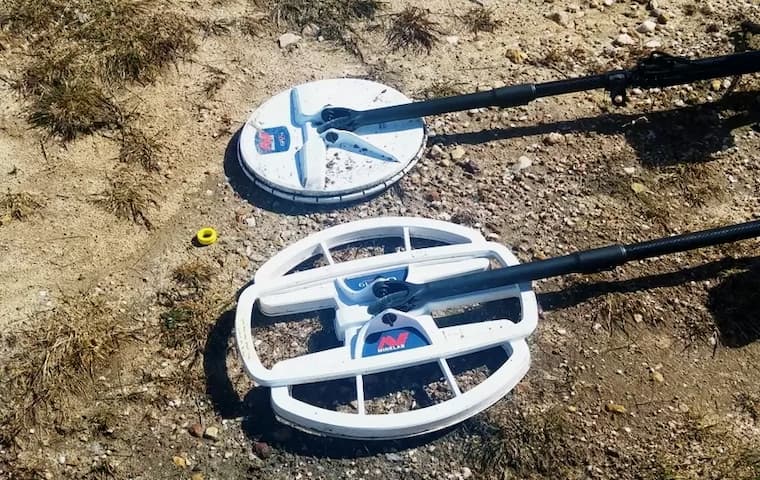
The coil has control over the sensitivity, frequency and discrimination properties of the machine. It’s called a double-D coil because it resembles two overlapping Ds. This double-D coil will get you through excessively mineralised soils. One great option is that it can find small objects on deeper grounds. The Concentric coil has strong detecting properties and two circles, inner and outer. Also, Pulse Indication Machines use Monoloop coils. These coils employ strong signals that are helpful in strongly mineralized soils.
Coil Size
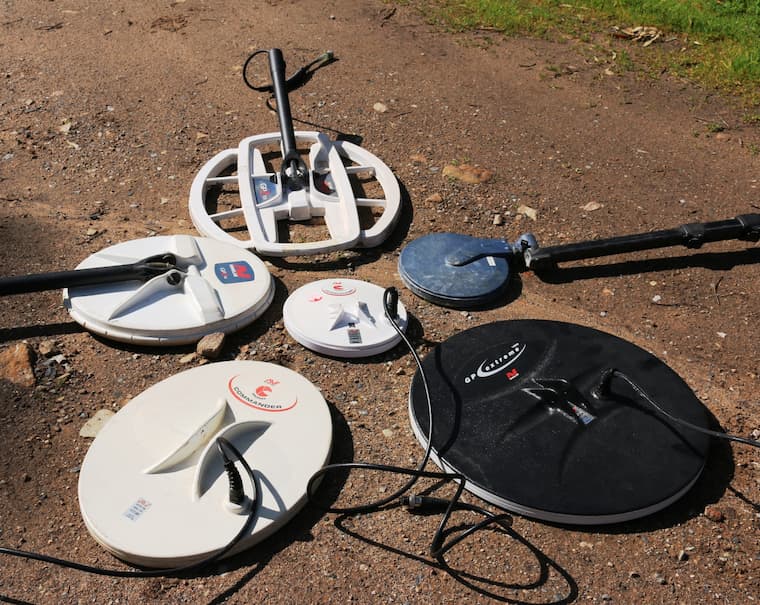
Have you ever wondered how deep most metal detectors reach? Well, this depends on the coil. The diameter of the coil has a direct relationship to the depth of the search. To put it another way, a large coil has the potential to extend well beyond 22 cm. With a medium-sized coil, you may go between 17-22 cm. You can only get 15 cm deep with small ones. Therefore, use machines with larger coils if you think your targets are deeper, otherwise, choose a smaller one.
Discrimination
This option, which allows the machine to overlook the metals you don’t wish to detect, can be very useful in your search for gold. This way you’ll save yourself some time and energy. People find aluminium caps all the time because they don’t know that this option is available and that they need it. Some of them don’t know how to activate it, so make sure you ask your seller if you have some questions or if there’s something you don’t understand. It’s necessary to know this function and understand how to use it properly.
Sensitivity
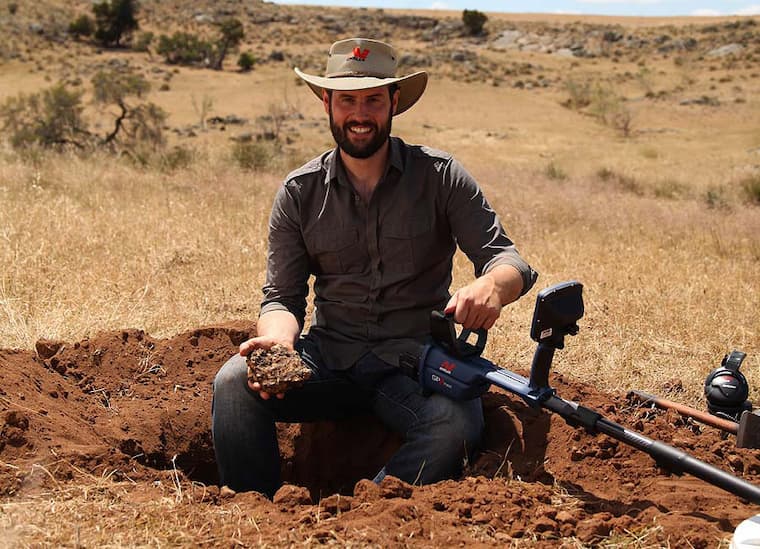
This characteristic shows how well your equipment can capture smaller targets. If you are targeting regular-sized objects, there’s no need for a machine with high sensibility. But, if your target is smaller gold nuggets, then you should buy a gold detector with high-sensibility sensors.
Operating Frequency
Each metal detector operates using a specific frequency or range of frequencies. Sensitivity and depth are both impacted by frequency. Therefore, your machine may penetrate deeper when the frequency is low but is less sensitive to small targets. Your machine will be able to respond to small objects when the frequency is high, but it won’t be able to go very deep.
Writing for the blog since 2012, Chris simply loves the idea of providing people with useful info on business, technology, vehicles, industry, sports and travel – all subjects of his interest. Even though he sounds like quite the butch, he’d watch a chick flick occasionally if it makes the wife happy, and he’s a fan of skincare routines though you’d never have him admit that unless you compliment his impeccable skin complexion.


